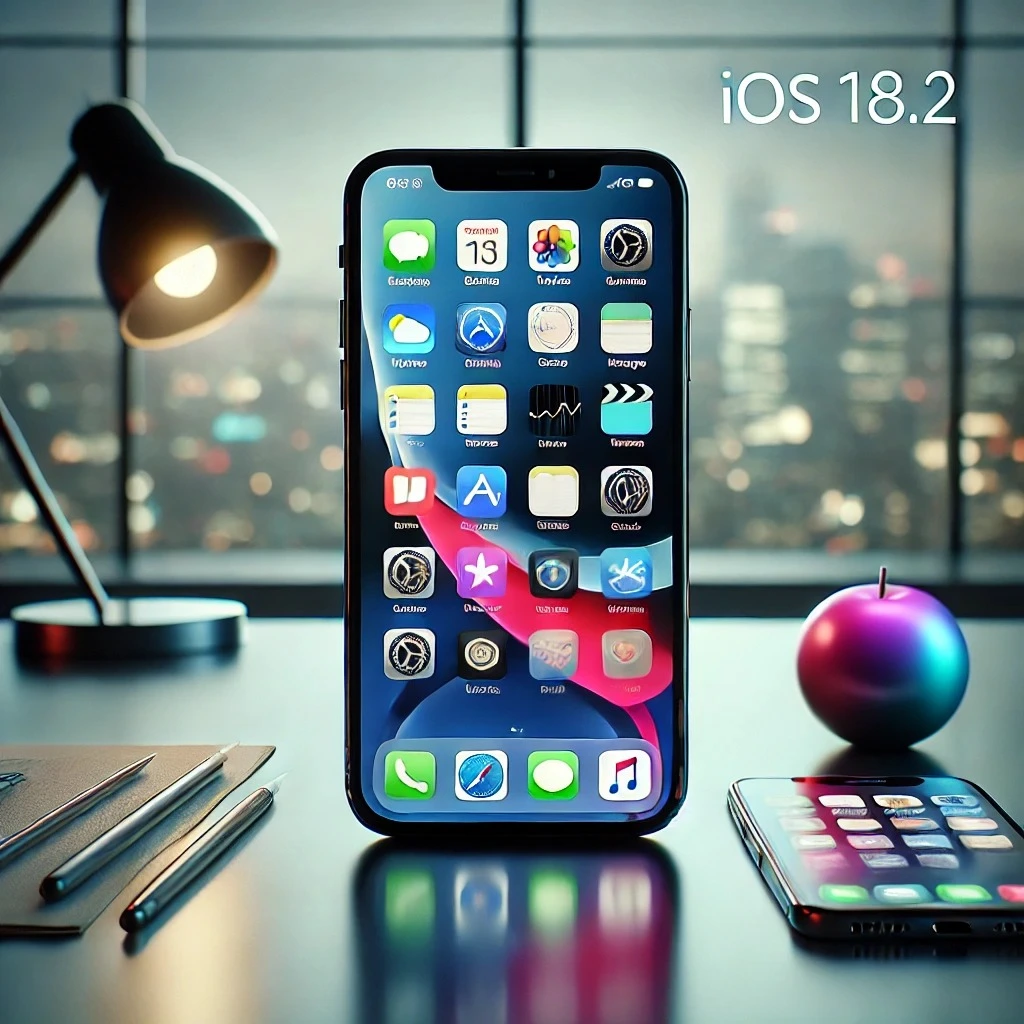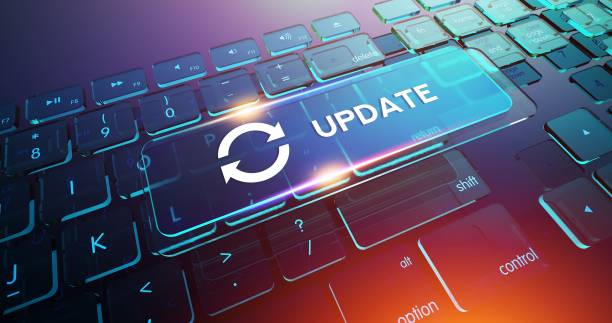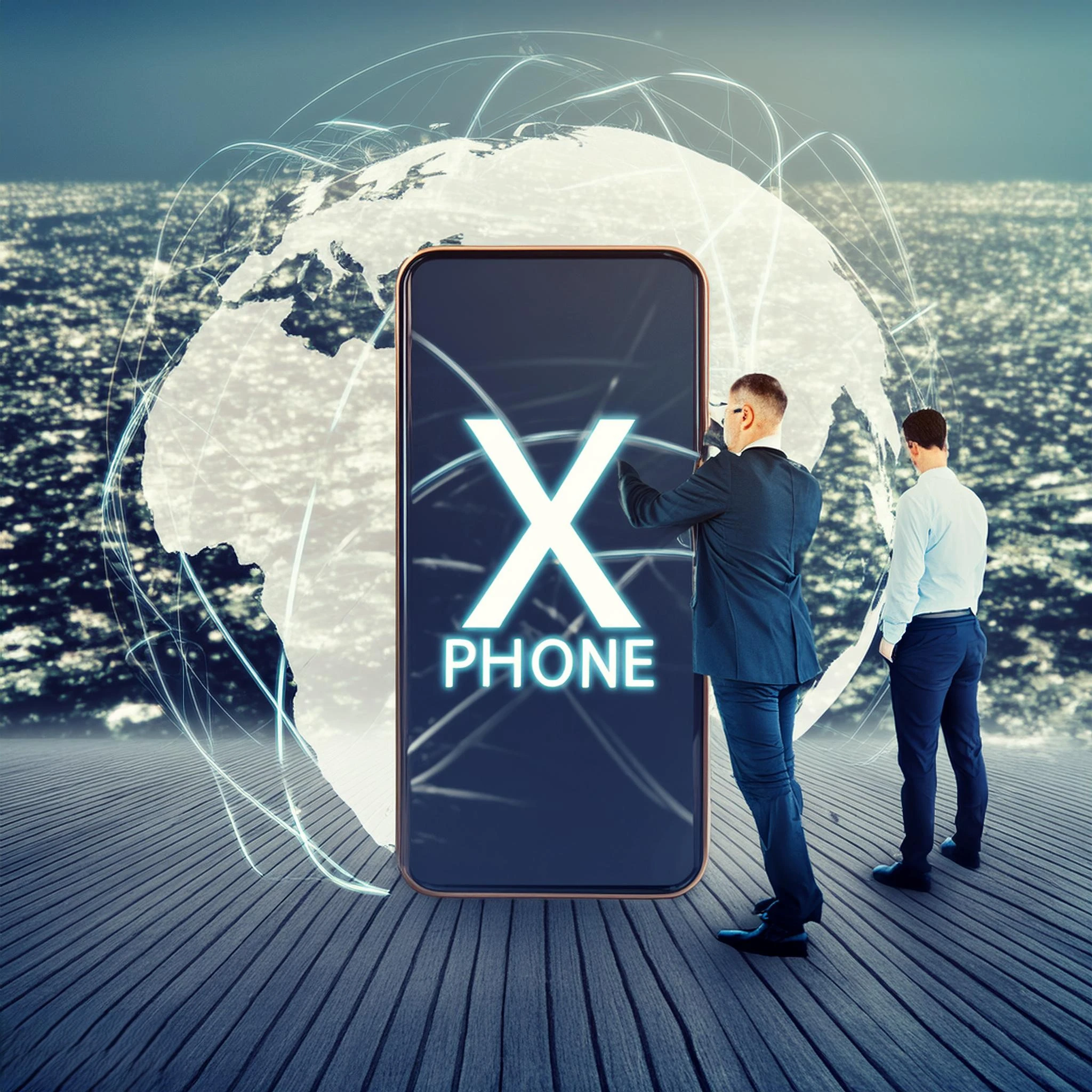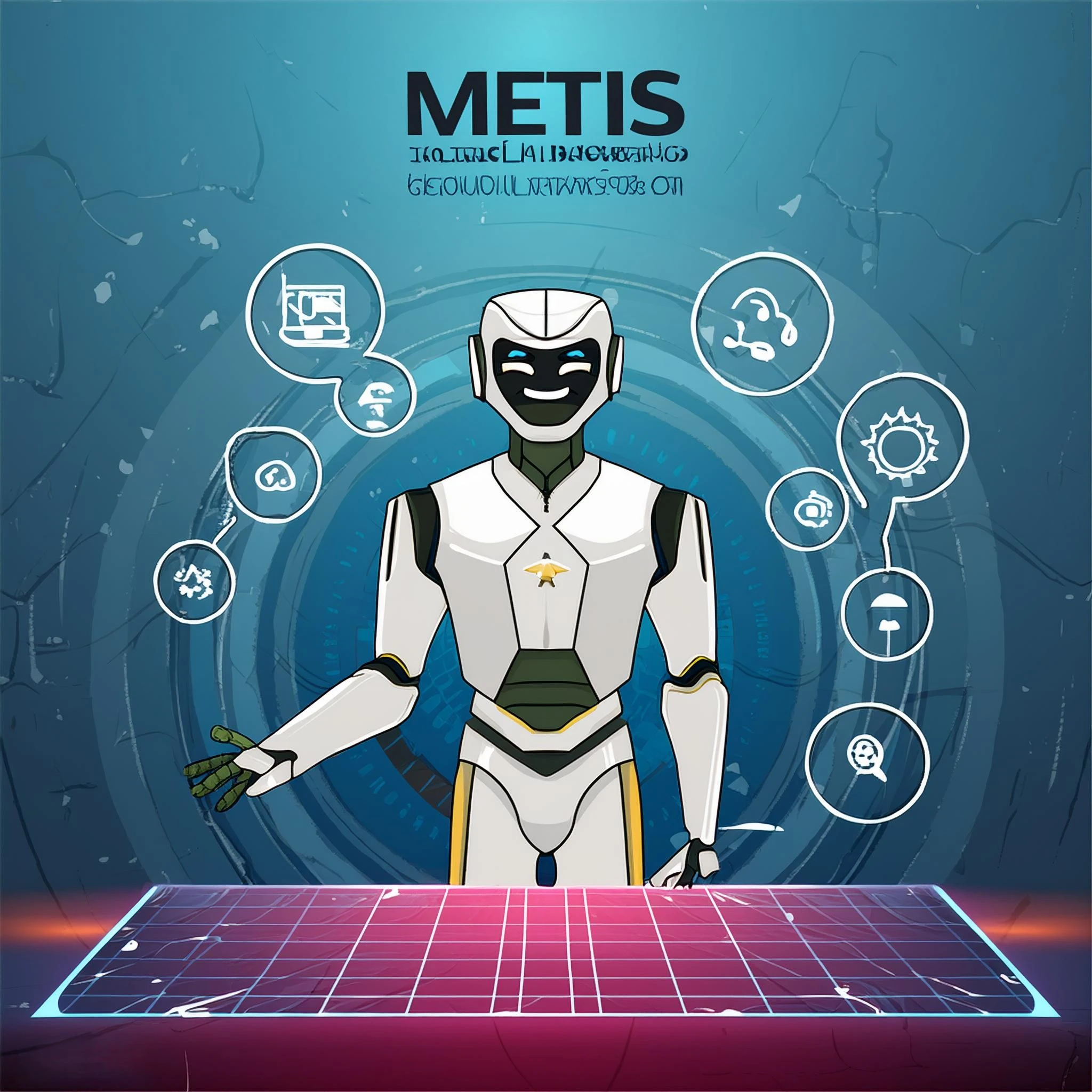Microsoft Resolves Windows 10 Connected Cache Delivery Issue with July 2024 Update
Microsoft has fixed a known Windows 10 update issue that broke Microsoft Connected Cache (MCC) node discovery on enterprise networks. The fix is included with the KB5040525 July 2024 preview update for Windows 10 22H2 released yesterday, which also comes with fixes for WDAC issues causing memory leaks and app failures, “This issue was resolved by Windows updates released July 23, 2024 (KB5040525), and later,” Microsoft said in a Windows health dashboard update on Tuesday. “We recommend you install the latest security update for your device. It contains important improvements and issue resolutions, including this one.” MCC servers are software-only caching solutions that can be deployed on Windows servers, bare-metal servers, or VMs and used to cache and deliver content downloaded from Microsoft’s content delivery network (CDN).
For example, after a client downloads a Windows update, other users on the same enterprise network can be directed to one of the MCC nodes for quicker delivery over the local network. As the company explains, this bug only affects Windows 10 21H2 and 22H2 devices configured to find MCC endpoints using DHCP Option 235. Home users are unlikely to be impacted because Connected Cache configured via DHCP Option 235 is only commonly used in enterprise environments. “After installing the January 2024 non-security update (KB5034203), released January 23, 2024, or later updates, some Windows devices which use the DHCP Option 235 for discovery of Microsoft Connected Cache (MCC) nodes in their network might be unable to use the MCC nodes,” Microsoft said when it first confirmed the issue in April.
“Instead, these Windows devices will download updates and apps from the public internet and IT administrators would see increased download traffic on their internet routes.” Workarounds available For those who don’t want to install the KB5040525 monthly optional cumulative update, Microsoft provides temporary workarounds that enable Windows admins to revive download caching for end-users. Option one involves setting up the Microsoft Connected Cache endpoint in the DOCacheHost policy using instructions on the Cache hostname page.
Additionally, you can set DOCacheHostSource to 1 or remove it, as described in the Cache hostname source support document. Affected admins can also address the issue using Group Policies, which can be accessed through Redmond’s support channel (they can also request assistance through the paid Microsoft Support for Business channel). On Tuesday, Microsoft warned customers that some Windows 10, Windows 11, and Windows Server devices will get sent into BitLocker recovery after installing the July 2024 Windows security updates. Those impacted are prompted to enter their BitLocker recovery key to unlock the drive, allowing the system to boot normally from the BitLocker recovery screen.
Do visit our other blogs for more insights on various tech topics.
All images featured in this blog post are sourced from Flickr, commons. Wikimedia, AI-generated Images, or screenshots taken by the author. These images are used under the Creative Commons license, and we at Techcentrals are utilizing them for fair use, with full rights attributed to the original creators.
Personal Finance AI: Helpful or Dangerous?
The Growing Influence of AI in Personal Finance The influence of Artificial Intelligence (AI) is…
iOS 18.2: Update Will Get Many Benefits
Introduction to iOS 18.2 Features Apple has recently rolled out the iOS 18.2 update. This…
New Gadgets: Poco M7 Pro and Poco C75
Introduction to Poco M7 Pro and Poco C75 Consumer tech brand Poco has launched two…
Flashback-2024: The Most Attractive Phones of the Year
Flashback-2024: The Most Attractive Phones of the Year These are the most attractive phones of…
🚀 TechCentrals Version 1.5 – December 2024 🌟
🚀 TechCentrals Version 1.5 – December 2024 🌟 🎯 Launch Date: December 2024 The much-awaited…
Microsoft fixes bug in Windows10 Connected Cache delivery issues
Microsoft Resolves Windows 10 Connected Cache Delivery Issue with July 2024 Update Microsoft has fixed…







